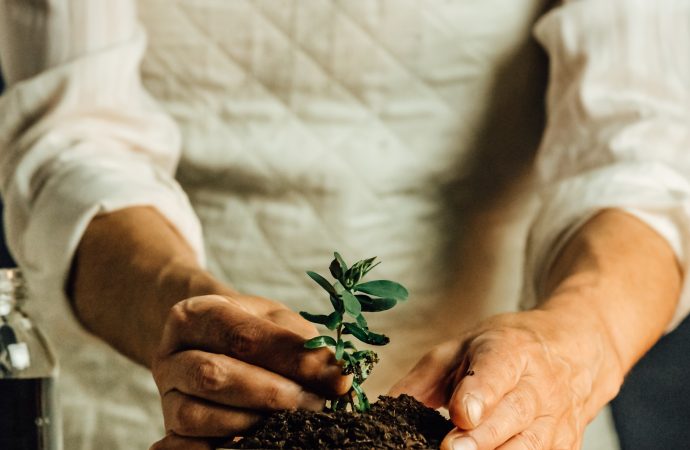Maintaining a healthy garden is a rewarding experience, but it can also be a challenge when pests invade. While chemical pesticides may seem like a quick fix, they can harm beneficial insects and contaminate the environment. Fortunately, there are many natural pest control methods that are safe, effective, and sustainable. In this article, we’ll explore
Maintaining a healthy garden is a rewarding experience, but it can also be a challenge when pests invade. While chemical pesticides may seem like a quick fix, they can harm beneficial insects and contaminate the environment. Fortunately, there are many natural pest control methods that are safe, effective, and sustainable. In this article, we’ll explore some of the best ways to keep your garden pest-free without harming the ecosystem.
1. Companion Planting
Companion planting is the practice of growing certain plants together to deter pests or attract beneficial insects. For example, planting marigolds alongside tomatoes can repel nematodes, while planting basil near tomatoes can attract bees and other pollinators. By strategically planting a variety of plants, you can create a diverse ecosystem that supports natural pest control.
2. Beneficial Insects
Many insects are beneficial to your garden, as they prey on pests and help pollinate plants. Ladybugs, lacewings, and praying mantises are just a few examples of beneficial insects that can help keep your garden healthy. You can attract these insects by planting flowers that provide nectar and pollen, such as daisies, sunflowers, and lavender.
3. Homemade Pest Sprays
Homemade pest sprays are a safe and effective way to control pests without using harmful chemicals. For example, a mixture of water, dish soap, and cayenne pepper can repel aphids and other soft-bodied insects. Neem oil, which is derived from the neem tree, is another natural pesticide that can be used to control a variety of pests.
4. Crop Rotation
Crop rotation is the practice of planting different crops in different areas of your garden each year. This can help prevent the buildup of pests and diseases in the soil, as well as improve soil fertility. For example, planting legumes such as beans and peas can help fix nitrogen in the soil, which can benefit other plants in the following year.
5. Physical Barriers
Physical barriers such as row covers, netting, and fencing can be used to keep pests out of your garden. Row covers can protect plants from insects and other pests, while netting can prevent birds from eating your fruit. Fencing can also be used to keep larger pests such as deer and rabbits out of your garden.
In conclusion, natural pest control methods are a safe and sustainable way to keep your garden healthy and pest-free. By using a combination of companion planting, beneficial insects, homemade pest sprays, crop rotation, and physical barriers, you can create a diverse ecosystem that supports natural pest control. With a little bit of planning and effort, you can enjoy a bountiful harvest while protecting the environment.

















Leave a Comment
Your email address will not be published. Required fields are marked with *